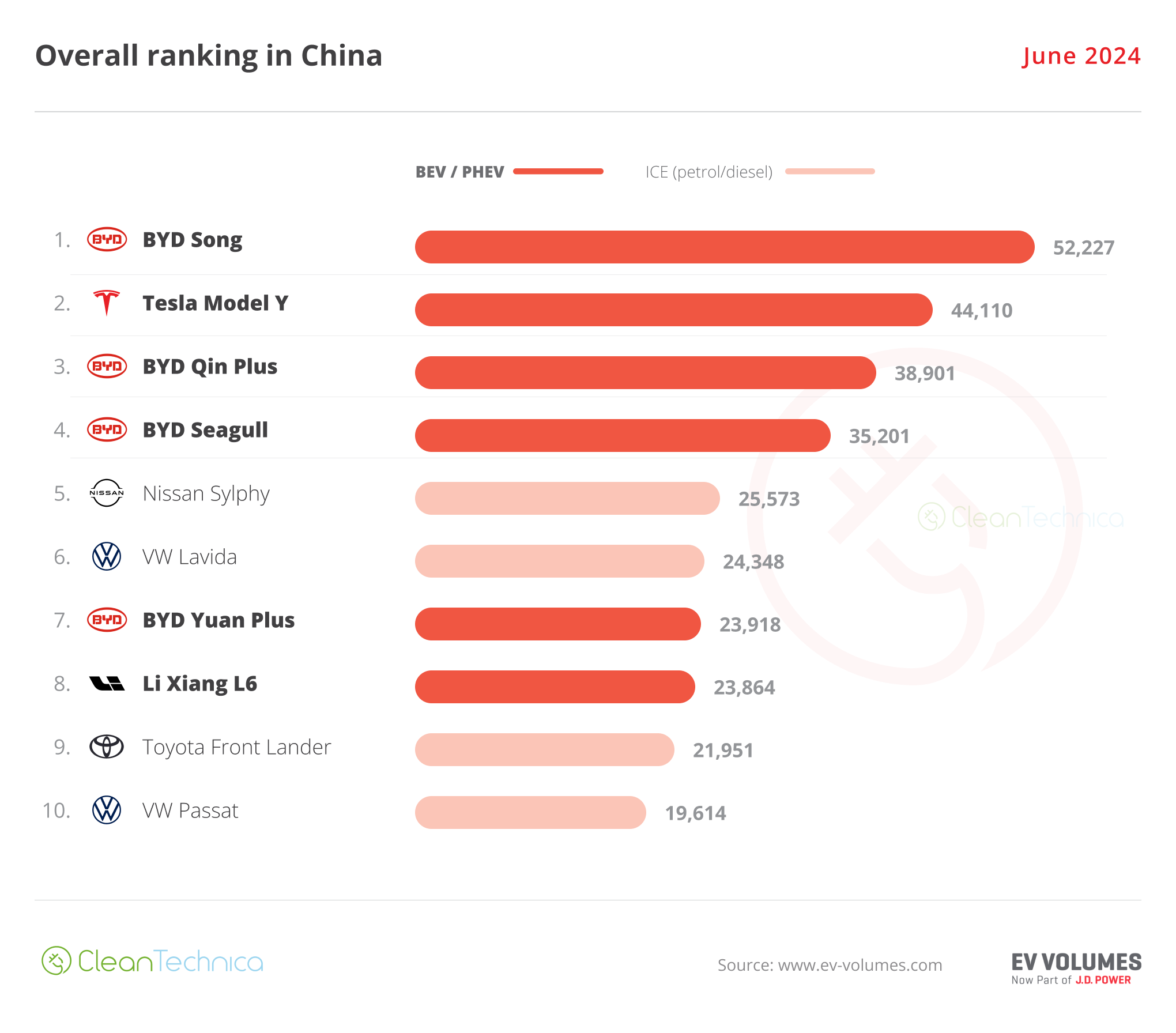(Bloomberg)
Canada will require its oil and gas industry to cut emissions to 35% to 38% below 2019 levels in six years in what the government is calling a historic first for a major fossil-fuel producing country.
Environment Minister Steven Guilbeault announced the long-promised oil and gas emissions cap Thursday at the COP28 summit in Dubai, a policy likely to inflame tensions with conservative leaders of western provinces that are home to the bulk of the industry.
Prime Minister Justin Trudeau’s government will implement a cap-and-trade system to achieve the cuts. It will set a legal limit on the sector’s emissions and then allow companies to buy and trade a limited number of emissions allowances or permits. Companies that reduce emissions will be able to sell more permits, thereby rewarding those who innovate to cut pollution.
“There is no future for this industry unless they decarbonize,” Guilbeault said in an interview.
Producers will be allowed the flexibility to emit up to a level of about 20% to 23% below 2019 levels through the ability to buy carbon offsets or pay into a fund that promotes decarbonization in the sector if their emissions exceed the cap.
The cap will go down over time until Canada’s economy reaches net zero in 2050. Thursday’s announcement is a framework that lays out the plan, with more details to be released in draft regulations in the middle of next year, Guilbeault said. Those regulations will narrow down an exact emissions target for 2030, he said.
Industry Reaction
The Canadian Association of Energy Contractors said it rejects the cap, arguing it will hurt Canadian energy workers and the small and medium-sized businesses supporting them.
“The world will continue its decarbonization journey, but will demand more pragmatic and affordable policies,” the association’s head, Mark Scholz, said Thursday in a statement. “The federal government’s emissions cap will hinder Canada’s ability to attract capital. It means higher energy costs and fewer jobs for Canadian energy workers.”
The Explorers and Producers Association of Canada said imposing an emissions cap on oil and gas producers, who are already achieving significant emissions reductions, is unnecessary and unacceptable.
Alberta Premier Danielle Smith is already pushing back, saying the “de facto production cap on Alberta’s oil and gas sector amounts to an intentional attack by the federal government on the economy of Alberta.” Smith has already invoked an act that she says allows the province to override federal legislation to defy its clean-electricity regulations.
The oil and gas sector is the largest single source of emissions for Canada, accounting for 28% of that pollution in 2021, according to Canada’s government. Emissions from the sector were 201 million metric tons in 2019, 20% higher than 2005.
The cap-and-trade system will cover all direct greenhouse gas emissions, while also accounting for indirect emissions related to the production of oil and gas and carbon storage. The cap will regulate upstream oil and gas facilities, including offshore operations, and will also apply to liquefied natural gas plants.
The environment minister said the regulations will ensure that oil and gas companies making record profits invest them in Canadian jobs, communities and the economy. There was no new government funding announced Thursday to help industry meet the targets, though Canada previously promised C$12.4 billion ($9.1 billion) in tax credits for building carbon capture systems.
Guilbeault said he had been speaking with other major fossil fuel-producing countries at COP28 and none had capped emissions from their sector. “It’s never been done before.”
Share This:


